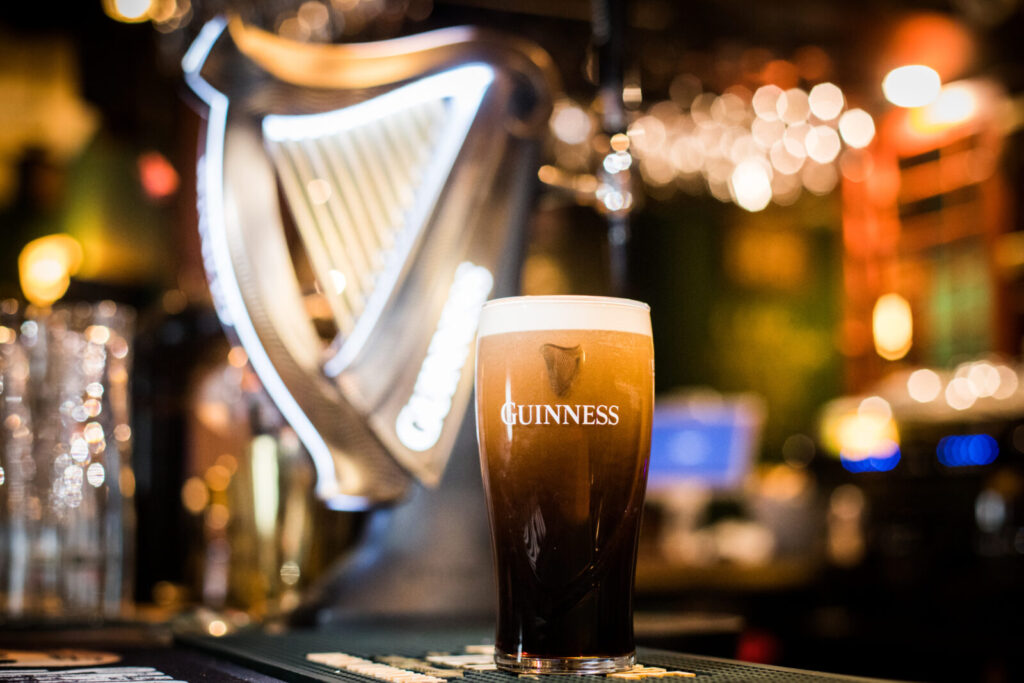Brief • 2 min Read

After a spate of public criticism leveled against its ad practices, Victoria’s Secret ditched its famous ‘Angels’ and shifted its marketing strategy toward inclusivity and women’s empowerment. Now, many in the industry are asking – will it work?
According to a survey we recently conducted on behalf of Ad Age, the brand’s repositioning has had at least some impact on consumer perception – and may even deliver a boost to the troubled brand’s bottom line.
Of consumers aware of Victoria’s Secret rebrand, nearly 4 out of 10 (38%) said it would make them more likely to shop with the brand – although surprisingly, women were slightly less likely to agree. Only 36% of women aware of the rebrand said it would make them more likely to shop with the storied lingerie retailer.
Younger generations were less likely to see the brand as authentic and modern, and it is with these cohorts that the rebrand seems to have had the most impact. While almost half (46%) of millennials find the brand “outdated,” more than half (52%) report the rebrand has made them more likely to shop there – giving the brand some early validation for its recent marketing overhaul.
But was the brand’s decision to nix the Angels from its ads the right one? It depends on who you ask — and even then responses are mixed.
Among consumers familiar with the brand, 64% say they like seeing the Victoria’s Secret Angels in its ads. Only 54% of women agree, however, compared to 77% of men.
And even millennials – who seem to be taking to Victoria Secret’s rebrand the most – don’t seem to mind the Angels. A large majority (73%) of millennials familiar with the brand agreed they like seeing ads featuring the Angels.
While it may be too soon to tell the long-term outlook for the embattled lingerie giant, the survey suggests it’s winning on at least one front: 78% of its consumers now agree the brand is authentic.
Methodology:
This survey was conducted online within the United States by The Harris Poll on behalf of Ad Age between June 22-23, 2021, among 1,011 U.S. adults ages 18 and older. This online survey is not based on a probability sample and therefore no estimate of theoretical sampling error can be calculated. Figures for age, sex, race/ethnicity, education, region and household income were weighted where necessary to bring them into line with their actual proportions in the population. Propensity score weighting was used to adjust for respondents’ propensity to be online. For more information on methodology, please contact Dami Rosanwo.
Subscribe for more Insights
Subscribe to our newsletter for the latest trends in business, politics, culture, and more.
Download the Data
Get the full data tabs for this survey conducted online within the United States by The Harris Poll on behalf of Ad Age between between June 22-23, 2021, among 1,011 U.S. adults ages 18 and older.
Download
Subscribe for more Insights
Subscribe to our newsletter for the latest trends in business, politics, culture, and more.
Download the Data
Get the full data tabs for this survey conducted online within the United States by The Harris Poll on behalf of Ad Age between between June 22-23, 2021, among 1,011 U.S. adults ages 18 and older.
DownloadRelated Content








